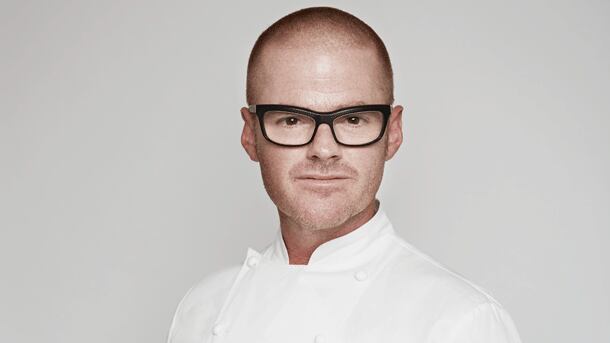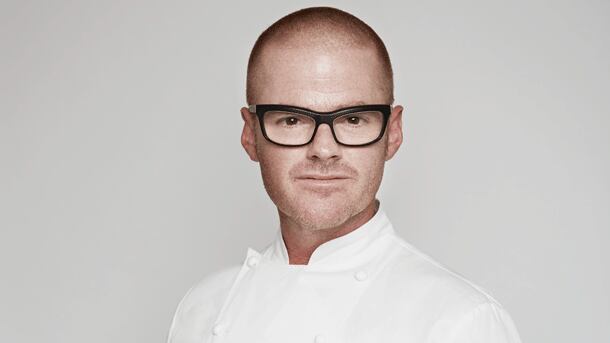The Fat Duck founder points to a new study that shows UK business is missing out on the ‘superpowers’ of a neuroinclusive workforce and an additional study that suggests neurodiverse people feel discriminated against in the workplace and overlooked.
In an interview with Restaurant in 2017, Blumenthal revealed that he had a positive assessment for attention deficit hyperactivity disorder (ADHD).
It is estimated that around one in seven people in the UK have some kind of neuro divergence and, as they often think about and see the world differently, can be a huge asset for employers.
“People with diagnoses like mine - and with numerous other kinds of neurodiversity in our society – are woefully underrepresented in the workplace,” Blumenthal says.
“These are individuals who may have exceptional skills and unparalleled abilities yet because of traditional ways of working, we are missing out on the brilliance they can bring to UK business.”
“I hope that being open about my own mental health will raise awareness of the issue and I want to campaign to highlight the contribution neurodiversity can make to the workplace.”
Blumenthal acknowledges that having conditions such as bi-polar and ADHD cause atypical behaviours but argues that suppressing or ignoring neurodivergence leads to lost opportunities for individuals and businesses to be creative and productive.
“My most artistic, innovative and exciting work is because I am neurodivergent, which I describe as my superpower. The world needs to move on from outdated and archaic misinterpretations of perceived difference, and embrace the opportunities neurodiversity presents,” he continues.
Blumenthal is urging employers to adapt their workplaces and organisational cultures to be more inclusive of those who are neurodivergent and create environments that nurture and foster individuals who offer a range of outlooks and approaches to life.
“I am looking at my own workplace. I have talked to the management team, made sure that they are totally on board with this and are committed, like me, to making The Fat Duck Group somewhere that welcomes neurodiversity. Eventually I want our own workplace – and indeed everyone’s – to be tolerant, sympathetic, understanding and above all enabling of all kinds of people, not just the neurotypical.”




